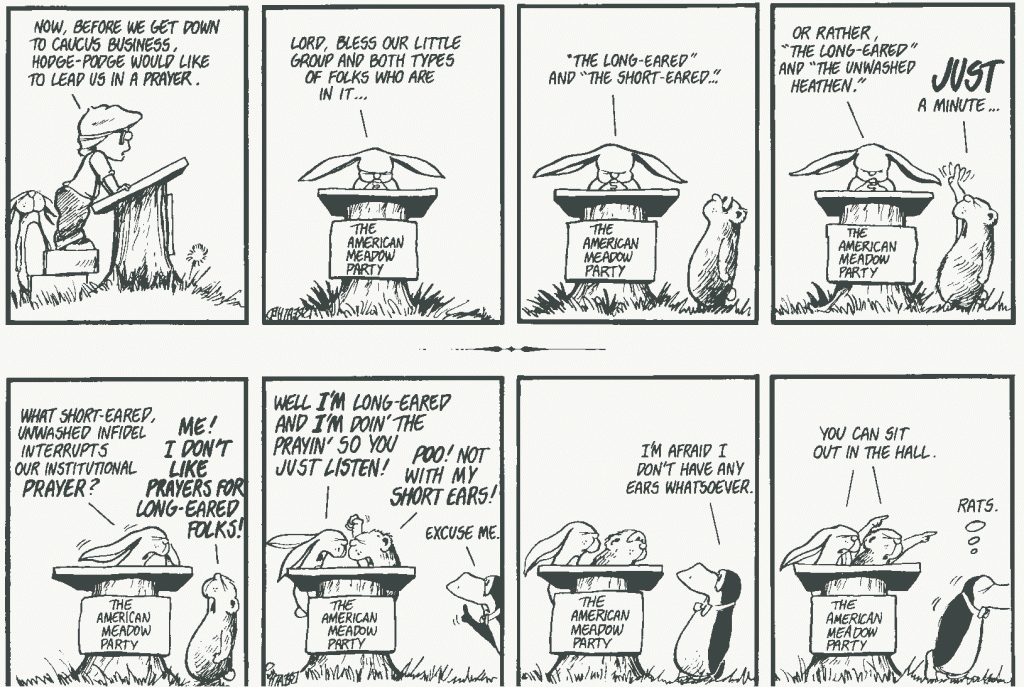
28 Behold, O my God, their costly apparel, and their ringlets, and their bracelets, and their ornaments of gold, and all their precious things which they are ornamented with; and behold, their hearts are set upon them, and yet they cry unto thee and say—We thank thee, O God, for we are a chosen people unto thee, while others shall perish.
This scripture is Alma the Younger relating to the Lord the behavior of the Zoromites. The manner of the Zoromites on the surface resembles the message given in the Doctrine and Covenants 1:30:
30 And also those to whom these commandments were given, might have power to lay the foundation of this church, and to bring it forth out of obscurity and out of darkness, the only true and living church upon the face of the whole earth, with which I, the Lord, am well pleased, speaking unto the church collectively and not individually—
My question to M* readers is, how do we appear not to be as vain as the Zoromites, while boldly, yet humbly proclaim the gospel of salvation?
Thoughts anyone? If so, please do tell.


From President McKay from an address given to the Brigham Young University Student Body January 16, 1963.
Whoops! Spencer W. Kimball not David O. McKay.
What ere thou art, get thy attribution right.
Thank you Floyd for your quote. I like this story from James Talmadge
What I like about the Kimball and Talmadge quotes, the right way is patience and humility, not boastful pride. I do not think the human soul responds well to braggarts.